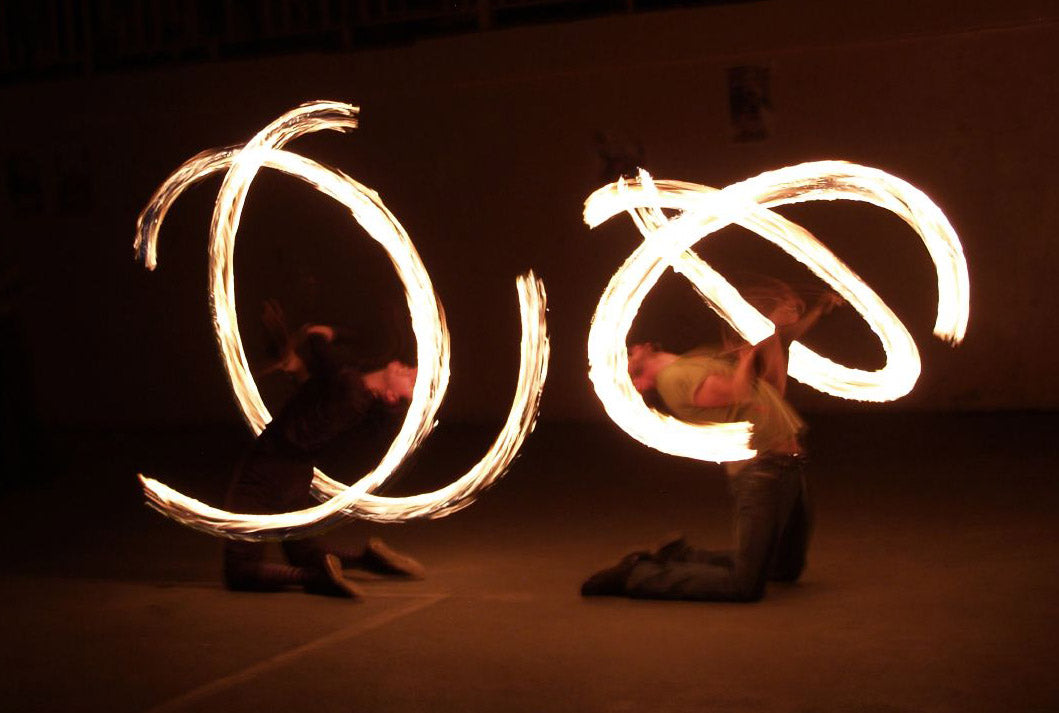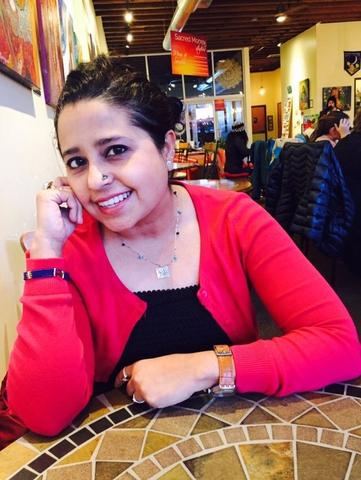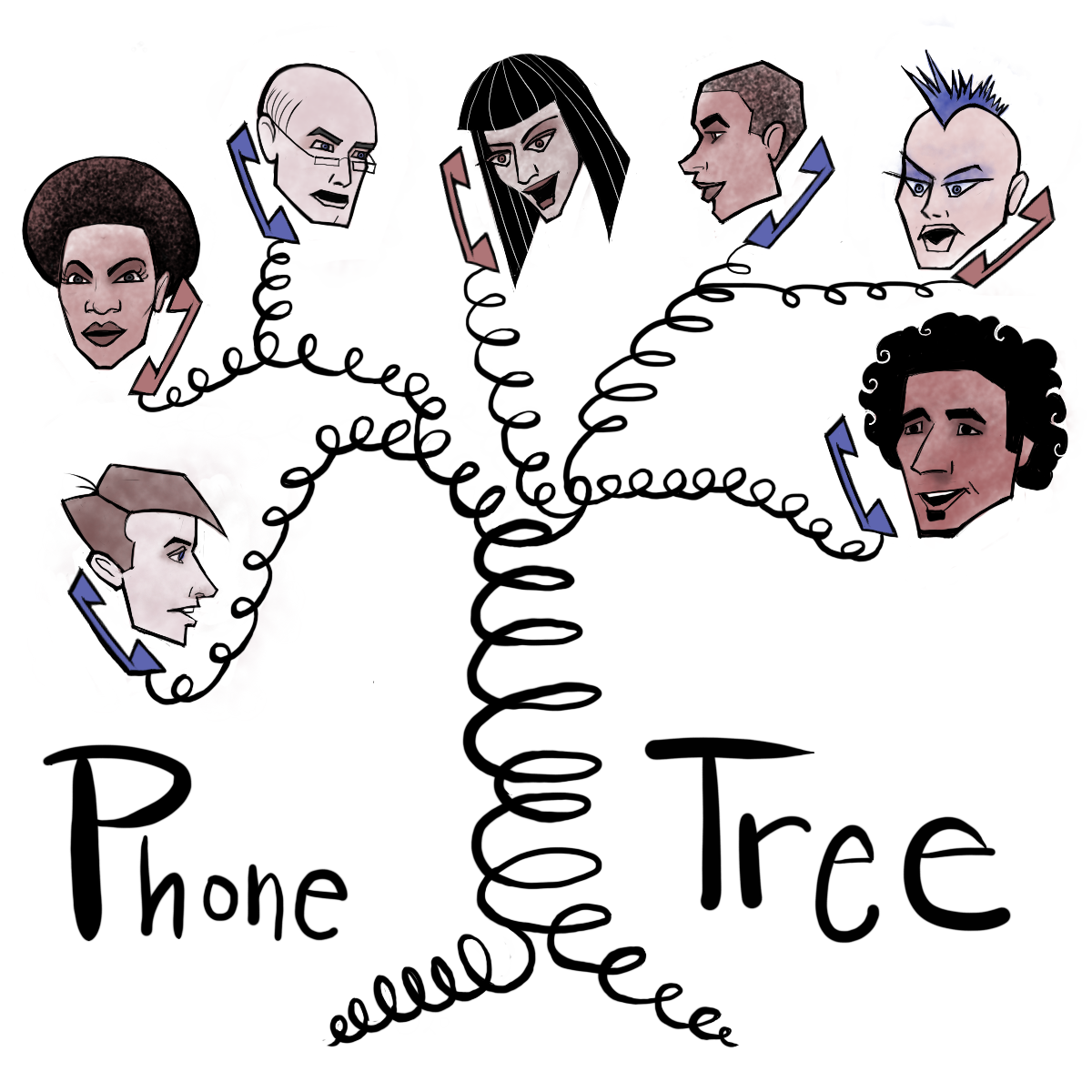
The biggest question from the ISM speaking tour: Why?
The first week of April I had the honor of being a part of the North American International Solidarity Movement speaking tour. The idea for this tour came as a result of a meeting between various ISM support groups worldwide and people working on the ground with ISM in Palestine. One of the concerns our Palestinian partners had was that there were very few people coming to Palestine to work with ISM. The tour was our response to that. Our aim was to raise awareness about ISM’s efficacy in supporting Palestinian nonviolent resistance and the role that international volunteers play in reducing violence against Palestinians.
I spoke in Sacramento and at Claremont College in California. The next say I flew to Edmonton, Alberta, Canada and spoke at al Rasheed Islamic Center, followed by the University of Alberta and finally at the Multicultural Women and Senior Services Association.

I used the following story as an example of how creative nonviolent resistance can reduce and interrupt violence.

Katie and Jonas fire dancing
Do you ever find yourself just doing something really weird while in a tense situation? Well, that’s exactly what happened. Because I was nervous about what was happening in front of my eyes, and because I knew I had to do something about it, I announced to everyone present; the soldiers and the Palestinians, that Jonas and I would be doing circus performance. I started swinging my (unlit) fire chains and Jonas started juggling. The soldiers stopped shoving and manhandling the Palestinians and started laughing at us. One of them even started doing backflips. They Palestinians were let go and eventually went on their way. This is an example of a successful ISM action, disrupting violence and freeing detained Palestinians. ISM can’t single-handedly end the occupation but we can improve the lives on individual people.
During my talk I explained the apartheid situation in Hebron: how Palestinian residents live side by side with ideologically extreme Israeli settlers who believe violence is justified against Palestinian residents in order to push them out of Hebron and all of Palestine. Palestinian residents are not allowed to drive cars in Tel Rumeida including ambulances, busses and taxis. Israeli ambulances, busses and taxis do not serve Palestinian residents, therefore, if a Palestinian needs to go to the hospital and cannot walk out of Tel Rumeida into the Hebron city center, she must be carried or wheeled out in a wheelchair. Palestinians in Tel Rumeida have died because they were unable to get to a hospital quickly enough.
Tariq and Katie
After my talk at the University of Alberta, I had dinner at my host’s home. Tariq is an 87 year doctor who had just retired 2 years ago. He came from a well-to-do Indian family and told me how growing up, he lived in a huge house with his parents and brothers and sisters. That changed when he was 15 and was forced to flee India for Pakistan with only a suitcase because it was no longer safe for Muslims in his area. His family lost everything and had to start from scratch, as refugees in a new country. He said he never held any hatred for Hindus and always treated all of his medical patients equally, no matter if they were Jewish, Christian, Muslim or Hindu. I could see the sincerity and bewilderment on his face as he was processing in his mind what I had said during my talk: that Israeli ambulances will not serve Palestinians. That made no sense to him. As a survivor of ethnic cleaning, it was even harder for him to understand because he held no hatred or resentment to the group who forced him to flee.
Tariq and several other people at the talks asked me the same question:
“why?”
“Why are they doing this to Palestinians?” My initial response was to jokingly say “that’s beyond my pay grade.” But I did owe them some explanation because as someone from a Jewish background, I have more insight into the psychology of Zionism than others. I still struggle with explaining intergenerational trauma that has been passed down through Jewish families, the meaning behind the phrase “never again,” the Israeli mentality of “everyone hates us and we don’t care.” I can’t even answer the question myself because even after being involved in Palestine activism since 2005, I am still shocked, really and truly shocked at what happened in Gaza last week. I am shocked every time an innocent Palestinian fisherman is killed while fishing off the coast of Gaza. I’m shocked every time a Palestinian child is beaten and arrested. There is simply no answer to the question “why” which makes any logical sense.




Leave a comment
This site is protected by hCaptcha and the hCaptcha Privacy Policy and Terms of Service apply.